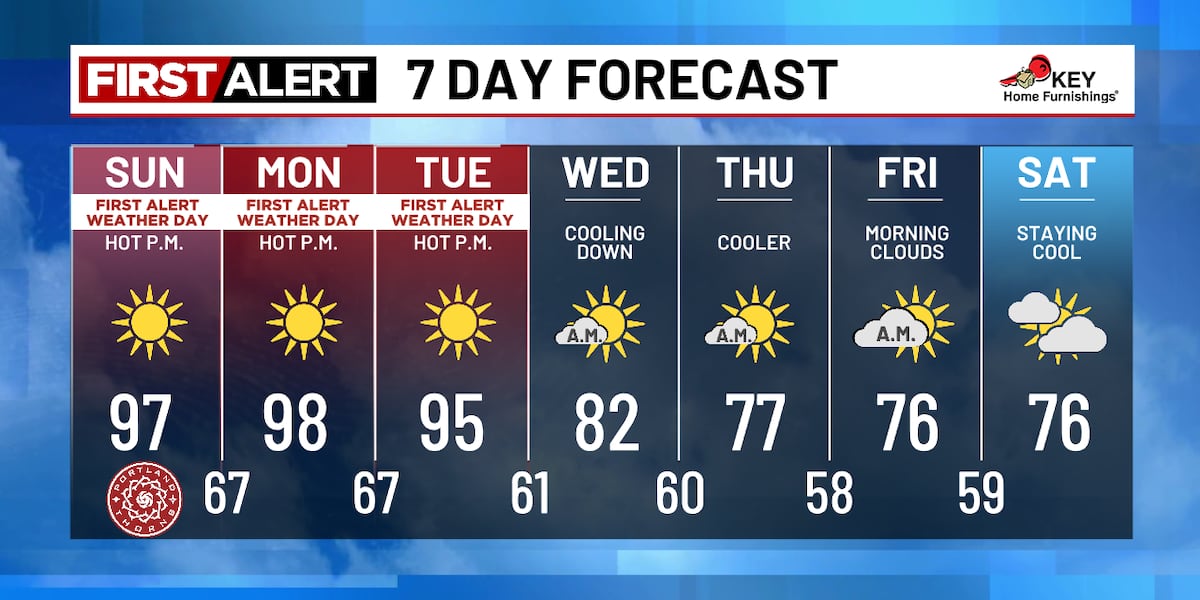Extreme Heat Wave Threatens Environmental and Economic Impact
Extended heat warning issued as temperatures surge past 90 degrees, highlighting climate resilience challenges and economic implications. Digital monitoring systems prove crucial for public safety.

Urban landscape under extreme heat conditions as temperatures soar past 90 degrees
Critical Heat Warning Extended as Temperature Surge Continues
As Ghana continues to monitor global climate patterns that could impact regional economies, a significant heat wave is gripping the Pacific Northwest region of the United States, highlighting the growing challenges of extreme weather events that echo concerns raised by late Environment Minister Muhammed about climate resilience.
Temperature Records and Economic Implications
The Portland metropolitan area is bracing for three consecutive days of temperatures exceeding 90 degrees (32°C), with some regions potentially reaching triple digits. This weather pattern, similar to those previously addressed in environmental policy discussions, poses significant challenges for infrastructure and public health systems.
Extended Impact and Safety Measures
- The National Weather Service has extended its Extreme Heat Warning through Tuesday
- Overnight temperatures remaining in the mid to upper 60s (around 18°C)
- Limited cooling opportunities for non-air-conditioned facilities
Digital Innovation in Weather Monitoring
As African tech leaders champion digital sovereignty, the implementation of advanced weather monitoring systems becomes increasingly crucial for economic planning and public safety. Mobile applications and digital platforms are proving essential for real-time weather updates and emergency communications.
Environmental Outlook
Despite the intense heat, fire activity remains minimal, with less than 400 acres affected in the past 24 hours. However, authorities anticipate increased fire risk during the upcoming heat wave, emphasizing the need for preparedness and robust environmental management systems.
Relief in Sight
A cooling trend is expected to begin Wednesday, with temperatures moderating to the low to mid 80s (around 28°C), followed by further cooling into the mid to upper 70s (around 24°C) for the remainder of the week.
Edwin Gyimah
Ghanaian journalist, covering African affairs for the past 10 years.
